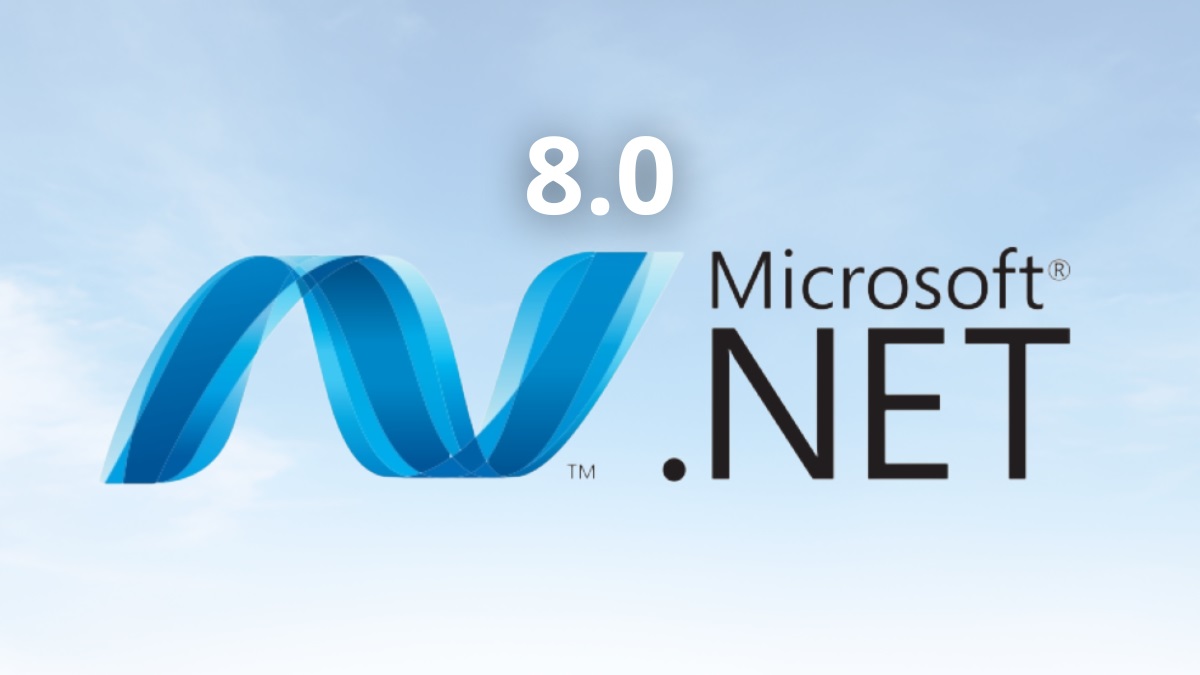
Today, Microsoft announced the latest version of the .NET open-source development platform. The new version, .NET 8, not only includes a lot of performance improvements, but it adds a new code generator, Dynamic Profile-Guided Optimization (PGO), that Microsoft says should boost the performance of apps made with .NET 8 by up to 20 percent.
In a blog post, Microsoft stated:
The AVX-512 instruction set, which is now supported, enables you to perform parallel operations on 512-bit vectors of data, meaning you can process much more data in less time. The primitive types (numerical and beyond) now implement a new formattable and parsable interface, which enable them to directly format and parse as UTF-8 without any transcoding overhead.

Microsoft says that the TechEmpower benchmarks show that in the JSON API scenario, .NET 8 performance goes up by 18 percent compared to .NET 7 and that the Fortunes scenario shows performance increases of 24 percent in .NET 8 compared to .NET 7.
Since this is a Microsoft-developed platform, It's also pushing the use of .NET 8 for AI-based applications. It stated:
. integrating Tensor Primitives. With the rise of AI-enabled apps, new tools and SDKs emerged. We collaborated with numerous internal and external partners, such as Azure OpenAI, Azure Cognitive Search, Milvus, Qdrant, and Microsoft Teams, to ensure .NET developers have easy access to various AI models, services, and platforms through their respective SDKs. Additionally, the open-source Semantic Kernel SDK simplifies the integration of these AI components into new and existing applications, to help you deliver innovative user experiences.

AOT (ahead-of-time) apps also see a performance boost when developed in .NET 8 and used on Linux and Windows platforms which means developers won't have to use the JIT (just-in-time) compiler to get their apps complied at run time.
In addition to the launch of .NET 8, Microsoft is releasing the first version of .NET Aspire. This is an opinionated stack designed to make cloud-based apps. Microsoft stated it uses a variety of components such as telemetry, resilience, configuration, and health checks by default. Microsoft also says it uses a simple-to-use local developer experience that is also sophisticated enough to create cloud-based. Developers can learn more about .NET Aspire inat this separate blog post and they can submit feedback on this preview version at GitHub.
The new version is being launched on the first day of the annual .NET conference. The virtual event will run from now until November 16.
- Tux 528
-

 1
1



3175x175(CURRENT).thumb.jpg.b05acc060982b36f5891ba728e6d953c.jpg)
Recommended Comments
There are no comments to display.
Join the conversation
You can post now and register later. If you have an account, sign in now to post with your account.
Note: Your post will require moderator approval before it will be visible.